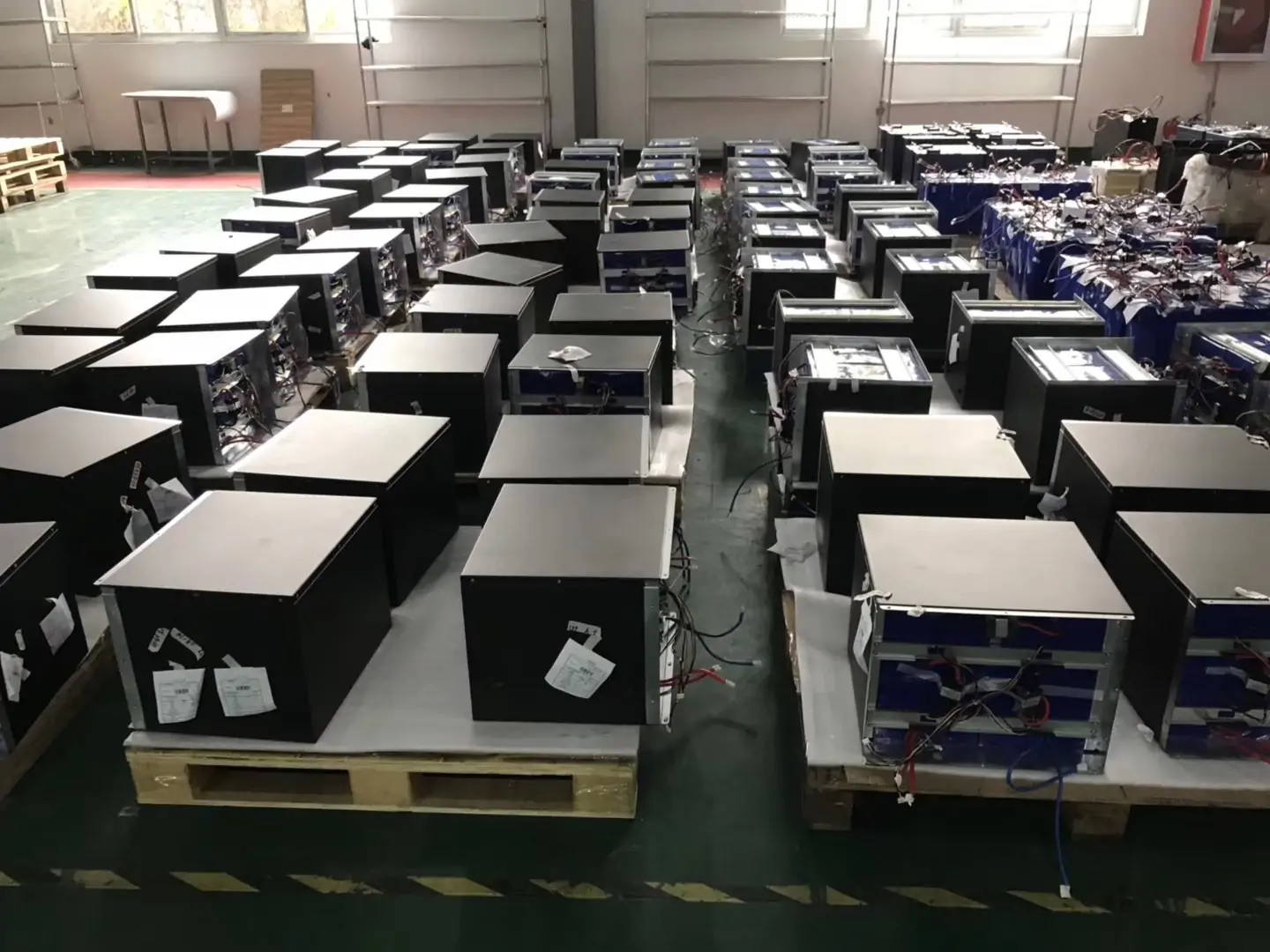 |
Welcome To Evlithium Best Store For Lithium Iron Phosphate (LiFePO4) Battery |
 |
Lithium Ion batteries are the most famous and widely used rechargeable batteries. There are many Lithium-ion batteries, but the most commonly used are the iron phosphate chemical composition known as LiFePO4 batteries. These batteries enjoy a high energy density compared to other lithium-ion batteries, making them capable of storing more electric charge for the specified weight. Among all lithium-ion batteries, LiFePO4 batteries are more temperature stable and ideal for deep-cycle applications.
LiFePO4 batteries are widely used and preferred owing to their low self-discharge rate, no maintenance, and high charge-retaining qualities. These batteries are equipped with BMS meaning a battery management system that smartly protects the battery from overcharging and balances the cells. In addition, these batteries are sealed, so there won't be any fumes that can cause pollution.
These batteries are quite handy, but many people store these during the off-season when they are not using them. The storing part is a bit tricky as you can enhance the useful life of these batteries with good storage techniques or otherwise damage the internal structure of the battery with inappropriate storage methods. Let's unveil some of the most pressing questions regarding storing these batteries.

You can store a fully charged LiFePO4 battery. It is recommended to fully charge these batteries if you want to store them for longer. These batteries usually have a very low self-discharge rate. They normally discharge at 2% per month. It implies that when you store these batteries, they will lose 2% of their monthly charge. Discovering the battery from any attached load is recommended to ensure that no load draws additional charge and power from the battery. If you want to store the battery for a long time, it is recommended to charge it at more than 50% and, ideally, store it in a fully charged condition. The higher the charge, the larger the charge-retaining power of the battery during storage.
Users often assume there is no need to charge the battery as they won't use it and keep it in storage. They do not consider that batteries undergo self-discharge whether used or stayed idle. If you store your battery in a low or zero-charge state, then prepare to face major consequences. It is so because if your battery does not have enough charge, then after self-discharge of 2% per month, the discharge level reaches a limit where even BMS cannot protect the battery. Over-discharging can cause serious and irreversible damage to your battery even when it is under warranty. That is why storing the battery with a state of charge of more than 50% is recommended to be at a safe end.
We can store liFePO4 batteries on both short-term and long-term basis. Normally people store these for 3 to 6 months. But these batteries can easily be stored for up to 3 years if taken proper storage measures. As you already know, these batteries suffer a 2% self-discharge rate, so if you want to store it for an extended time, you should have it charged to at least 50% and ideally more than 50% to store it properly to account for the self-discharge rate. You should fully charge the battery before storing it to save it from over-discharging.
To store LiFePO4 batteries for an extended period, you must ensure that the temperature is favorable. It is recommended to store these batteries at a low temperature. The storage space should be dry and indoors, away from direct exposure to sunlight.
Along with these measures, what's important is to maintain the health of the battery. You cannot save the battery from self-discharging because it is inevitable, but you should know that frequent self-discharge for a longer time can damage the internal structure of the LiFePO4 battery. That is why you should recharge the battery every 3 to 6 months to ensure that the battery's health is not affected. We should recharge the batteries every three months at 3.8 to 3.9 volts, but if you don't have much time, you should charge it every six months.
Edit by editor
Last Update:2025-06-26 18:14:48
All Rights reserved © 2026 Evlithium Limited